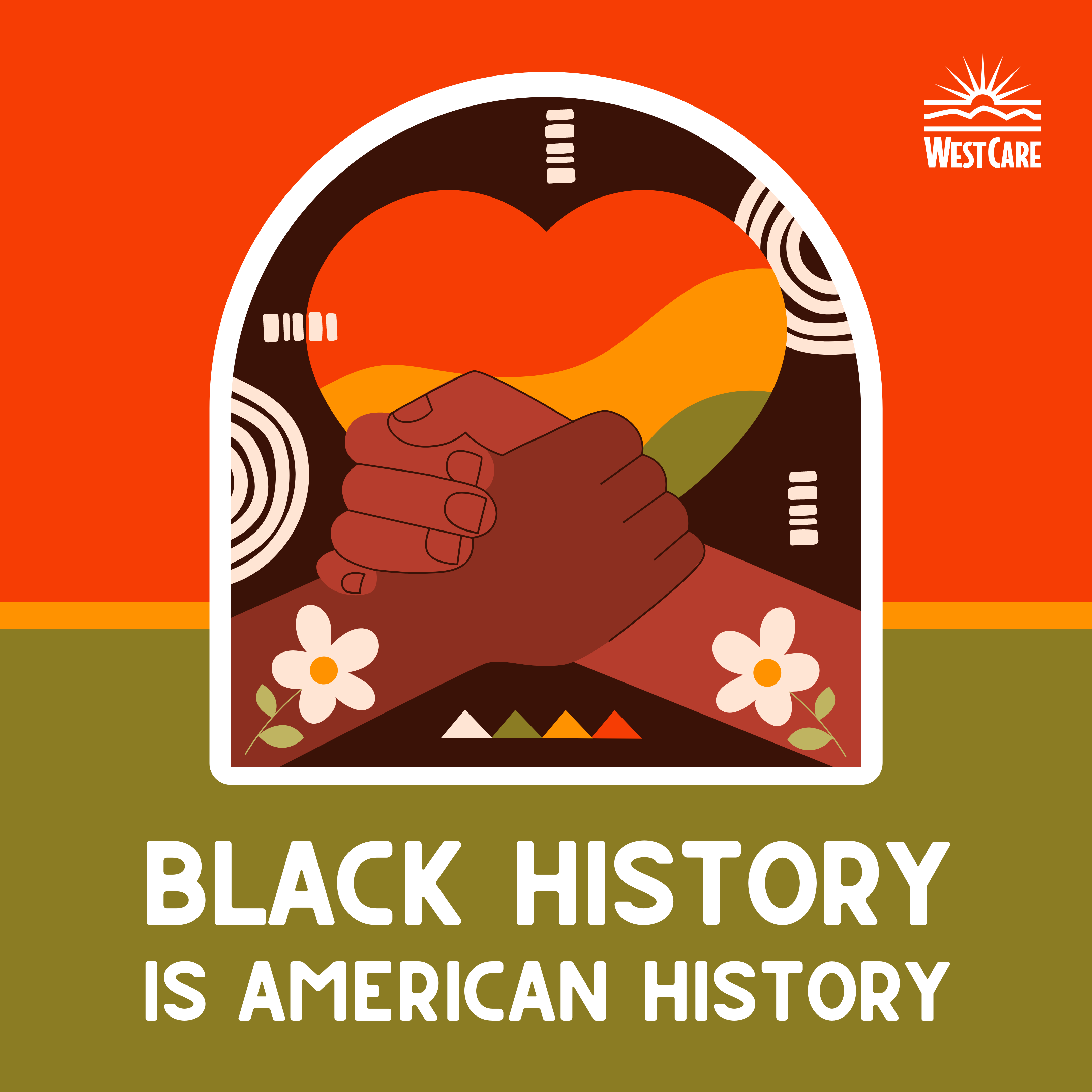Written by the WestCare Diversity, Equity, and Inclusion Staff Workgroup
Every February, we celebrate a special holiday. And no, we aren’t talking about Valentine’s Day. We’re referring to the 28 (or 29) days we dedicate to honoring Black History Month, our nation’s way of showing respect and recognition for the hard work of and sacrifices made by Black Americans.
For WestCare, Black History Month is about honoring the lives of all Black Americans, and how their experiences shape and strengthen America. It’s about shining a light on the past to create a brighter future. It’s about marveling at the resiliency of the human spirit, that rises from oppression, stronger, wise, and more powerful. As President Barak Obama once said: it’s a reminder of where we as a country have been so that we know where we need to go.
We can thank Harvard-educated historian Carter G. Woodson for conceiving the idea for Black History Month in 1915. An inspired Woodson formed what is now named the Association for the Study of Afro-American Life and History (ASALH), to encourage the study of the accomplishments made by Black Americans. For the next 60 years, community-based celebrations honoring Black Americans took place throughout the county, until President Ford officially declared February Black History Month in 1976. Since then, every President has recognized February as Black History Month and embraced a specific theme.
The theme for 2022, is “Black Health and Wellness,” with a focus on the legacy of Black scholars and medical practitioners, the rituals, traditions, and healing modalities of Black communities, and the disparities and discrimination that many Black Americans experience when seeking healthcare.
This year’s theme resonates with WestCare as we continue to strengthen our cultural competence and responsiveness to help decrease health disparities faced by the individuals we serve, while striving to create a more diverse workforce and more inclusive organization.




